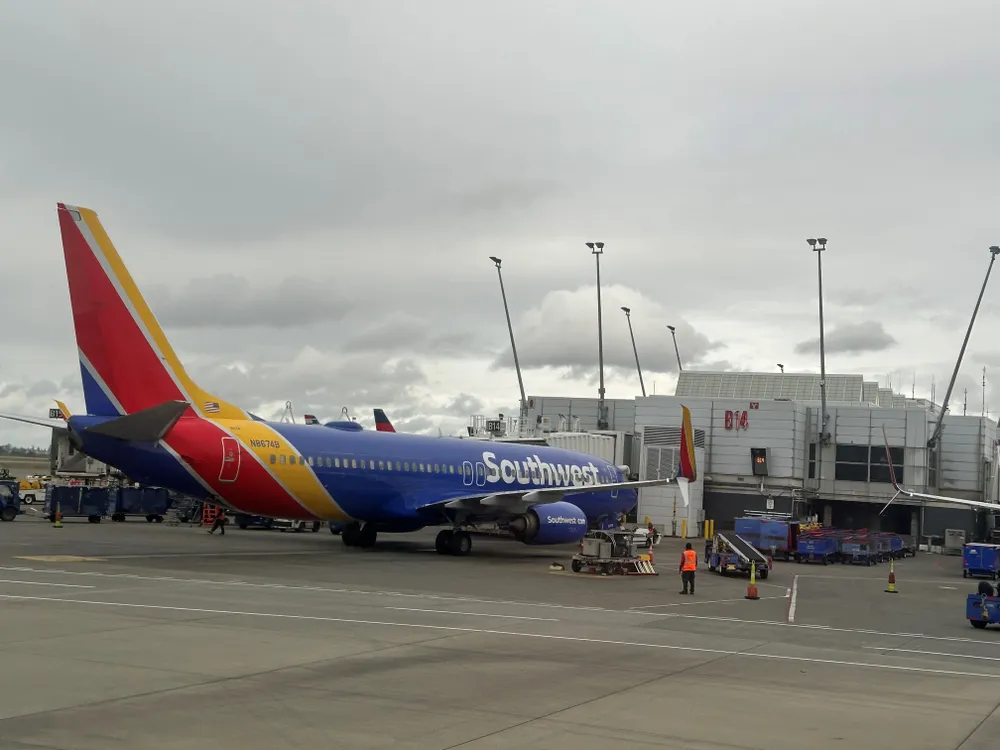As spring break nears, colleges and government officials are asking students and staff to reconsider going abroad because of increased geopolitical tensions and possible visa issues. Some recent policy moves by the Trump administration have added to fears over reentry concerns for some visitors, especially foreign students and scholars.
Why the Warning?
Under advice from U.S. travel officials and educational institutions, students abroad for spring break may experience unintended delays or rejections upon their return to the United States. Recent government decisions, such as tighter visa scrutiny and updated policies impacting non-citizen visitors, have created an uncertain travel environment.
Numerous universities, ranging from Ivy League schools to state colleges, have released advisories, advising students to stay within the country or exercise caution with their travel itineraries.
Who Is Most Affected?
- International Students: F-1 and J-1 visa holders are being alerted to possible difficulties with re-entry, particularly if their visas are up for renewal or face newly imposed travel limitations.
- Dual Citizens & Green Card Holders: Certain visitors who hold dual nationality or have applied for a status change in their immigration status will experience longer processing times upon arrival in the U.S.
- Faculty on Work Visas: Professors and researchers traveling abroad are also likely to suffer from visa delays, which may hamper their return in a timely manner for scholarly obligations.
State Department & University Advisories
The State Department has issued revised travel advice, warning all U.S. citizens and visa holders to verify their status and study country-specific travel restrictions prior to making travel plans. Several universities have followed suit, releasing statements asking students and faculty to cancel non-essential travel.
A representative of a large U.S. university said:
“Due to recent policy developments, we urge our students and faculty to postpone or avoid international travel. For those who must travel, they should seek the advice of immigration lawyers or university counselors prior to departure.”
Potential Consequences
Students traveling abroad can:
- Endure delays in returning because of heightened border security protocols.
- Undergo more rigorous questioning at entry points.
- Endure difficulties with new visa applications or longer processing times.
Students who fail to meet reentry requirements risk missing classes, exams, or even an entire semester of school.
Expert Recommendations
- Consult with university officials before booking flights.
- Verify visa status is current and in good standing.
- Keep track of government travel advisories for the latest information.
- Have a backup plan in case of surprise travel restrictions.
With new immigration policy and heightened questioning at U.S. borders, officials highly recommend students and instructors consider twice before going abroad on spring break. Domestic travel remains possible, yet visa-related students should weigh very carefully the implications of going prior to making reservations.




